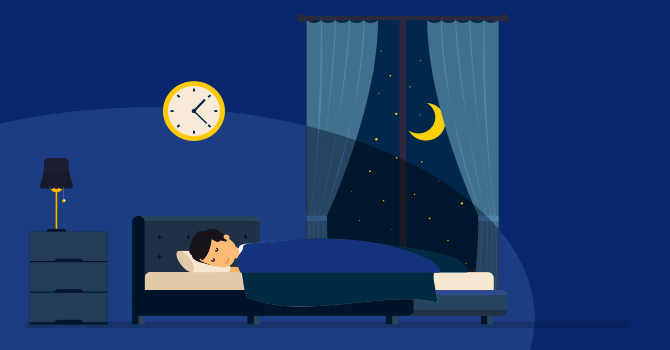I had my second visit with the sleep expert! This meeting was virtual and focused on education: Sleep education. We talked about how the body makes wakefulness and then the system shuts down at night. We build up sleep drive / sleep pressure thought out the day and need enough to fall and maintain sleep. Understandably, we have more sleep drive in the first half of the night - which means waking in the early morning we might find it harder to fall back asleep because we have less sleep drive.
Our sleep continues in 60-90 minute cycles throughout the night.
Typically we'll have four to five cycles each night.
Next step is to fill out sleep charts - or grab an app to record sleep data.
Sleep is the process through which our brains and bodies restore their efficient function- ing. Contrary to common belief, sleep is not just the absence of wakefulness. It is an active process that has its own distinctive characteristics and structure.
Sleeping is a period of rhythmic and substantial brain and body activity.
On falling to sleep there is a rapid descent from lighter stages of sleep, called non-rapid-eye-movement (non-REM) Stages 1 and 2 (N1 and N2) to the deepest stages of sleep, called non-REM 3 (N3).
Stage N3 is difficult to wake from. When you do awaken from N3, you may feel disoriented or confused.
StageN3 is important for: Growth and repair and immune system functioning / Helping to retain long-term information and memories / Balancing out the body’s hormones that make you hungry and affect your weight
StageN2 sleep is a lighter stage of sleep that: Prepares the brain for next-day learning / Helps to build and maintain muscle memory, involved in playing sports or other physical activities / Helps us integrate new information into existing memories
Melatonin can be released only at night. It can’t be released during the day even if it is dark!
That means we can be awake way past a reasonable time if we are in the light, and our melatonin cannot kick in to help us fall asleep.
Light and Dark
Periods of light and dark at the right times are the most important signals to our biological clock. We need light at the same time each morning to help set our biological clock.
On the other hand, the following technologies at night are associated with light at the wrong time of day. These tell the brain that it is time to be awake, and do not promote sleepi- ness; instead they keep you up (not just because they are engaging, but also because they emit light!):
TV
Cellphones
Textmessages
Internet/Facebook/Twitter
